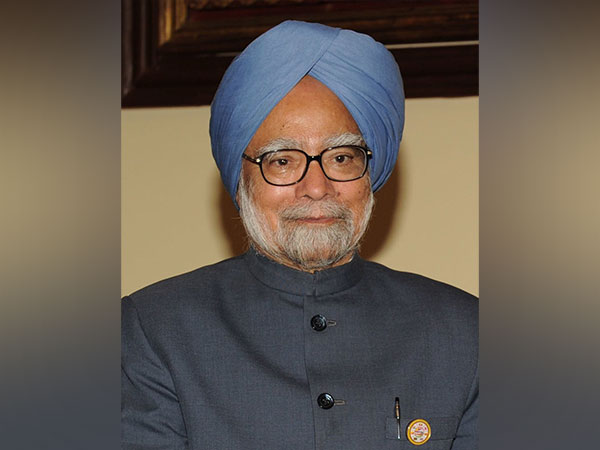Manmohan Singh: The Architect of India's Economic Transformation
The article pays tribute to former Prime Minister Manmohan Singh, crediting his leadership in the 1991 economic reforms for saving India from financial crisis. JDS chief H D Deve Gowda highlights Singh’s role as Finance Minister during critical times and his impactful reforms that shaped India's economic landscape.

- Country:
- India
Former Prime Minister Manmohan Singh's passing has been termed a 'great loss' for the nation. JDS chief H D Deve Gowda credited Singh with averting a national economic crisis and steering the country away from a potential 'debt trap.'
Singh, revered as the architect of India's pivotal economic reforms, died in New Delhi at 92. His tenure as Finance Minister in 1991 under Prime Minister Narasimha Rao was marked by significant decisions, including the pledge of 130 tonnes of gold, leading to economic liberalisation, privatisation, and foreign direct investment.
With his background as a World Bank economist and former Reserve Bank Governor, Singh's decade-long service as Prime Minister left a lasting legacy on India's economy. His death symbolizes the end of an era, according to Gowda.
(With inputs from agencies.)
ALSO READ
Finance Minister Highlights Major Economic Offence Property Restorations
Former French Finance Minister Le Maire Joins ASML as Adviser
Finance Minister Leads Pre-Budget Talks in Jaisalmer
Gene therapy now exempt from GST, says Finance Minister Nirmala Sitharaman briefing outcome of 55th GST Council meeting.
GST Council slashes rate on fortified rice kernels to 5 per cent, says Finance Minister Nirmala Sitharaman.










